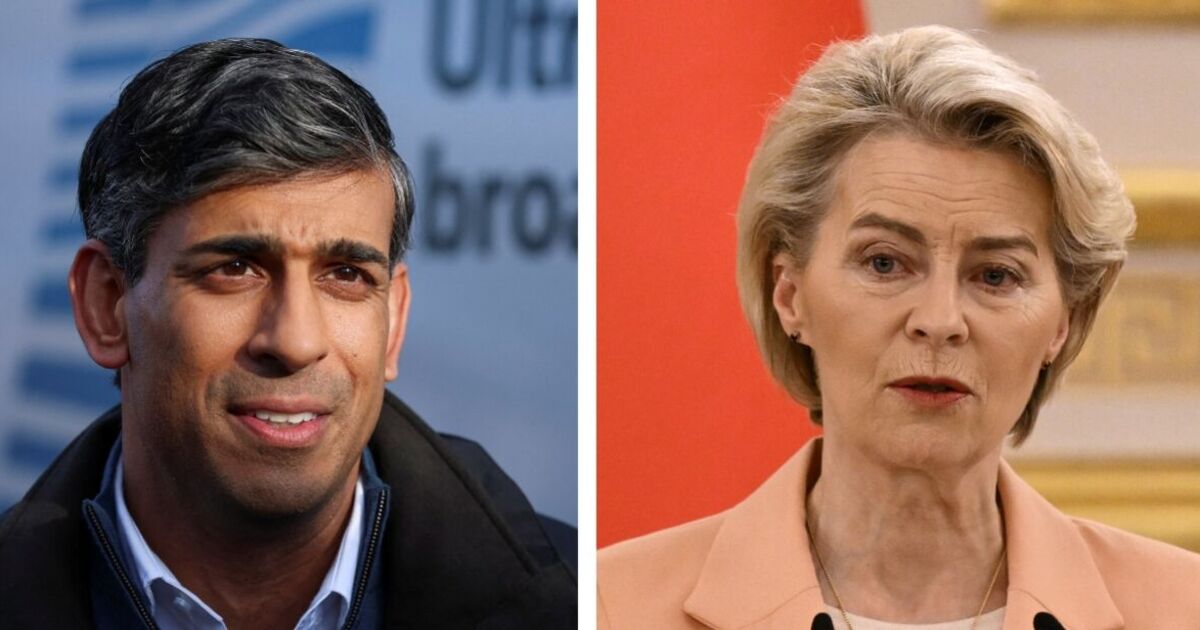In a decisive move, the United Kingdom has formally exited the Energy Charter Treaty (ECT), attributing the withdrawal to ongoing discord within the European Union (EU). The decision follows unsuccessful attempts to reform the treaty, intended to safeguard fossil fuel investments in the post-Cold War era.
The Energy Charter Treaty Background
Established in the 1990s during a fossil fuel-dominated global energy landscape, the ECT permits foreign corporations to contest energy policies jeopardizing their investments through confidential arbitration courts. Originally devised to boost international energy investment, the treaty has faced scrutiny as western European nations encountered legal challenges when shifting towards renewable energy.
UK Cites Stalemate in Modernization Efforts
Efforts to modernize the ECT and align it with cleaner technologies reached a standstill among EU member states. The UK, along with France, Germany, Spain, and the Netherlands, has now withdrawn from the agreement, citing the European Commission’s reluctance to propose a framework allowing member states to vote on modernization while remaining within the treaty.
Government’s Perspective and Response
Graham Stuart MP, Minister of State for Energy Security and Net Zero, expressed the urgent need for ECT reform but highlighted the stalled talks and dwindling prospects for sensible renewal. The Department for Energy Security and Net Zero underscored the impasse, emphasizing the necessity to modernize the treaty to better support cleaner technologies.
Shadow climate minister Kerry McCarthy welcomed the UK’s departure, considering the treaty outdated and unfit for purpose. However, she urged the government to prioritize clean power initiatives and asserted Labour’s commitment to addressing the climate crisis while creating jobs. As the UK takes this significant step, the global energy landscape undergoes shifts, emphasizing the broader implications of EU discord on crucial energy agreements.
Source:https://www.express.co.uk





